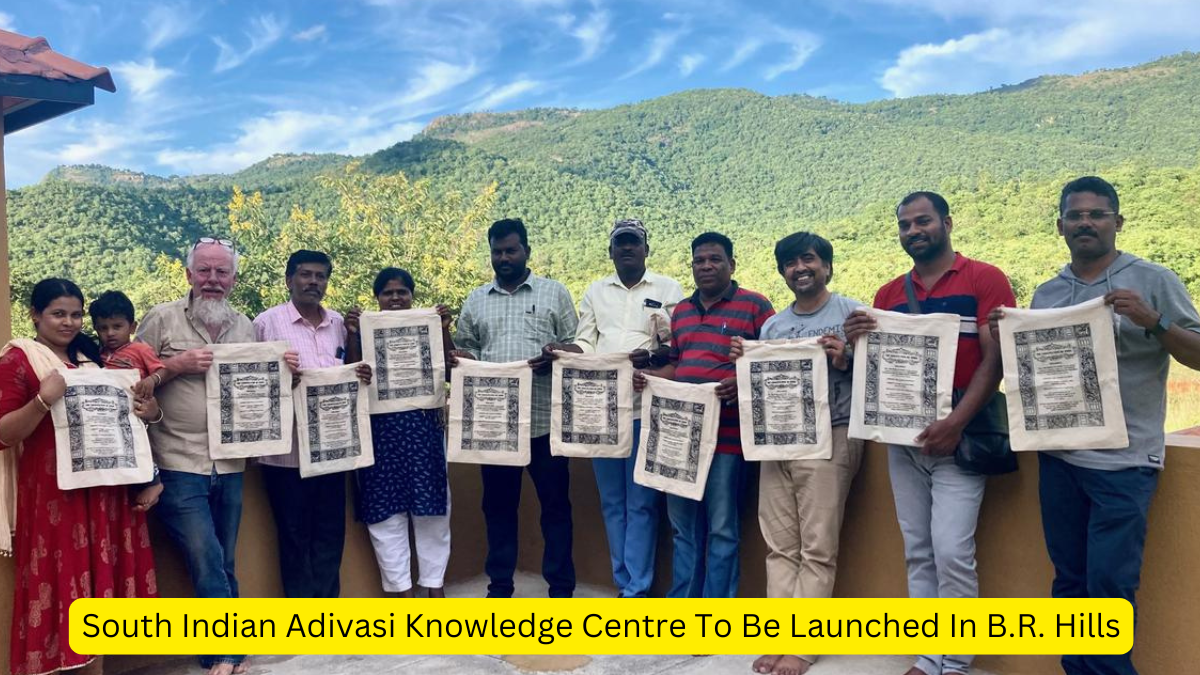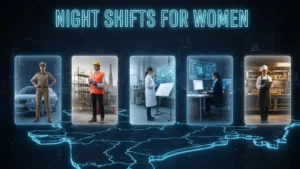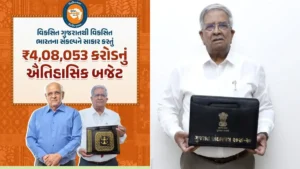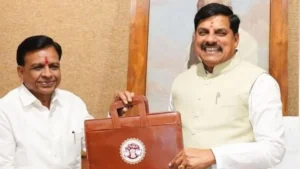Kaanu, a South Indian Adivasi Knowledge Centre, will be launched at the Tribal Health Resource Centre (THRC) at BR Hills, Karnataka on August 25. Prashanth N. Srinivas, a medical doctor and public health researcher working at the Institute of Public Health, Bangalore’s field station in B.R. Hills, says that Kaanu, which means evergreen forest in both Kannada and Soliga language.
Aims of the Kaanu
Aims to be the first ever knowledge centre on South Indian Adivasi past, present and culture: a tree of knowledge.”
Three branches
Kaanu will have three branches: a library, where publications on and by tribal communities of Karnataka, Kerala and Tamil Nadu can be consulted by interested researchers and the general public; the Kaanu annotated bibliography, with over 1,200 works on historical and contemporary works on the South Indian Adivasi world and a book co-written by South Indian Adivasi and non-Adivasi scholars.
Kaanu annotated bibliography
“It is the Kaanu library that will be formally inaugurated. he says, adding that the Kaanu annotated bibliography will come online in September and can be accessed at no cost from all over the world. The book, says Srinivas, is still in its preliminary stage.
About this initiative
This initiative, the brainchild of a collective comprising of leaders and scholars from several South Indian Adivasi communities as well as non-Adivasi researchers having a long association with them, has its genesis in a writing workshop held at the foothills of BRT, in Muntipalya, says Srinivas.
Idea of a South Indian Adivasi Knowledge Centre
The idea of a South Indian Adivasi Knowledge Centre (SIAKC) circulated for years among them, they came together in June 2023 during that workshop, he says. “The launch of Kaanu now is the result of one more year of hard work.”
Unawareness
Outside of their own communities very little is known, he believes. “Even what is known is often inaccessible, scattered among a handful of university libraries and specialised websites,” he says. Also, the Adivasis’ own perspective is often absent, he points out. “In these circumstances, bringing together and making available scholarly and local knowledge is a laudable aim.”
Adivasi perspective
Dr. C. Madegowda, a scientist with the Ashoka Trust for Research in Ecology & Environment, says, “As a scholar I feel there is a lot to learn from history of our people and how it’s been written largely by non-Adivasis. With many of us Adivasis engaging with the scholarship about us, there is an opportunity to critically examine how we have been represented in literature.”




 Gujarat Paves the Way for Women’s Workfo...
Gujarat Paves the Way for Women’s Workfo...
 Gujarat’s Biggest-Ever Budget 2026-27: A...
Gujarat’s Biggest-Ever Budget 2026-27: A...
 MP Budget 2026-27: Big Money, Bigger Imp...
MP Budget 2026-27: Big Money, Bigger Imp...








